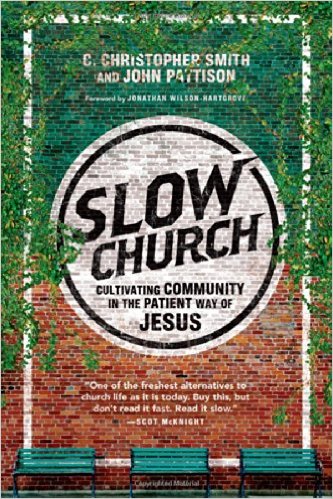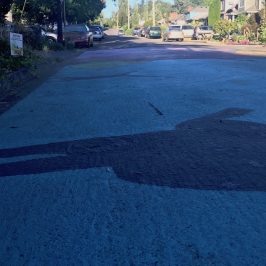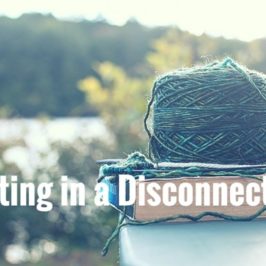
A few months ago, during the holidays, I was wandering around Powell’s Books on Hawthorne. This isn’t unusual for me. While I love the Powell’s flagship location — the City of Books in downtown Portland, home to over a million books — the Hawthorne store will always feel like my neighborhood bookstore. In fact, it used to be my neighborhood bookstore, when my wife and I lived in an apartment just two blocks away. Though we’re in Silverton now, about an hour’s drive door-to-door, I still try to visit the Hawthorne Powell’s monthly, when I’m in Southeast Portland on other business. Any less frequent than that and I legitimately miss it.
That night I visited the Hawthorne store during the holidays I noticed something new on the wall. It was a poster Powell’s had created, a gorgeously designed decision-making tree. By answering a series of questions you were finally led to a book recommendation. What’s embarrassing is that I don’t remember which books were featured on the poster, or even which genre. But I do remember standing in front of that graphic for at least five minutes, checking out all the recommendations and exploring the various paths to get there.
I also remember thinking how useful it would be to have a decision-making tree tucked into my wallet (if not tattooed onto my forearm!) to help me be more intentional about the decisions I have to make every day.
I’ll be honest and say that I often make decisions that are contrary to my own stated beliefs. Sometimes I weigh the costs and make the wrong choice. But most often I don’t truly deliberate at all. I find myself regretting choices I don’t remember consciously making in the first place!
I need to be more intentional about the decisions I make. I need to acknowledge the ripple effect that my decisions (large or small) have on my family, my friends, and my community, both now and into the future.
With that in mind, here are some questions I want to ask before making decisions. They would make an ugly tattoo, but I want to find other ways to come back and revisit them — and possibly revise them — on a regular basis.
- Is the outcome of this decision ugly, wasteful, or fraudulent? Or is it beautiful, nurturing, and true?
- Does it obscure the place it is in?
- It may be good, luxurious, or convenient for me, but am I pushing the real costs onto someone or something else, including my children’s children’s children’s children?
- Does it promote quality and variety and conviviality?
- Does it meet the standards of protection and care for the creaturely world that have been part of the human mandate since Genesis?
- What effect will it have on the culture and economy of my home? of my neighborhood? of other neighborhoods?
- When contemplating a purchase, is there a reasonable way of making it, buying it, or growing it myself?
- When contemplating a purchase, can I trust that the producer has, or will be, fairly compensated?
- What are the political consequences of this decision? Will it raise the level of public discourse? Will it improve the conversation? Does it make collaboration toward the common good more or less likely?
- Can I justify this decision to my wife in the morning? Can I justify it to my daughters in 20 years? If the answer to either of these questions is no, then how am I justifying it to myself now?
- Who is telling me to do or buy this thing? Can they be trusted? Should they be respected, questioned, or resisted outright?
Questions: What are the questions and considerations you use to make choices that will affect you, your loved ones, and your communities? What are some ways in which you keep those questions and considerations at the front of your mind?










Leave a Reply